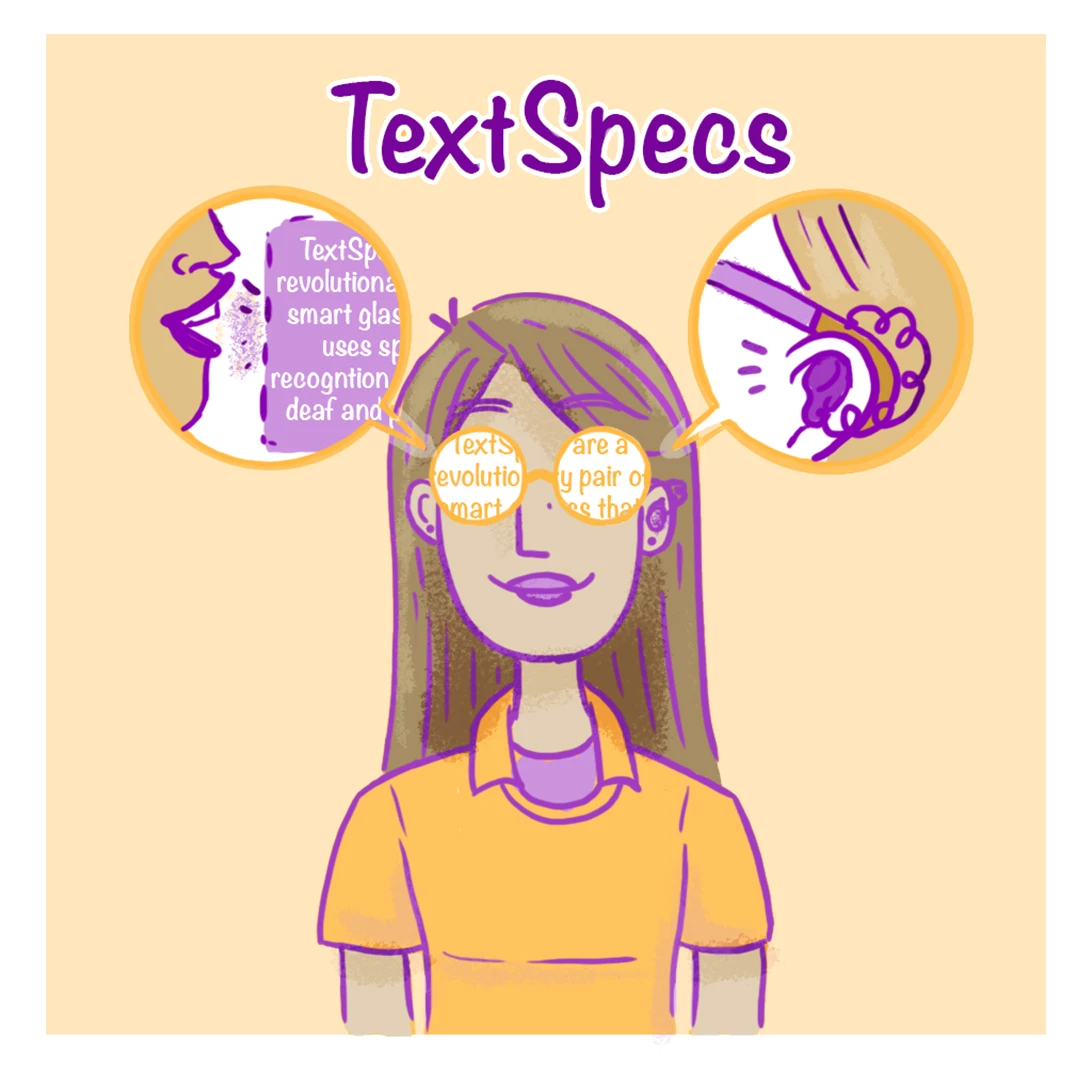
Partner Article
Finalists revealed in £25,000 tech prize for young people
An app that simplifies text for students with dyslexia and learning difficulties and a robot friend for those with anxiety and autism are just two of the final ideas in the running to win the £25,000 Longitude Explorer Prize.
The prize calls on the UK’s young people to put their ingenuity and entrepreneurial spirit to the test and use technology – such as artificial intelligence (AI) – for social good. They have been challenged to create and develop solutions to some of the world’s biggest issues, including climate change, living healthier lives, and an ageing population.
Other game-changing ideas hoping to win include a robot fish that collects plastic from oceans and a t-shirt that detects heart problems, as well as a bin that automatically sorts rubbish for recyclables and an AI system to monitor and reduce traffic in busy city centres.
The 40 teams will now compete to win the £25,000 prize for their school or youth group. They will receive resources and expert mentoring to develop their concept ahead of a Dragons’ Den style pitch in July to win the Longitude Explorer Prize 2020. Three runner-up teams will each also receive £10,000.
Science Minister Amanda Solloway said: “It is incredible to see how these young finalists have thought up innovations to tackle global challenges, from devices that detect health problems to robots which can remove plastic waste from our seas. Technological innovation is important to grow the UK economy and we are supporting young people to pursue careers in this area through schemes like the Longitude Explorer Prize.”
The Longitude Explorer Prize from Nesta Challenges, in partnership with BEIS, supports young people to learn creatively about STEM (science, technology, engineering and maths) whilst honing important entrepreneurial life-skills that do not usually get taught in the classroom.
The prize encouraged entries from young people from across the whole of the United Kingdom, and from all different backgrounds. With the gender-divide in the STEM industries heavily skewed towards men and only 21% of patent applications featuring a named woman, the Longitude Explorer Prize has worked hard to promote STEM as an exciting career path for all genders. Girls account for more than half (55%) of all of the applicants to the Longitude Explorer Prize this year.
Constance Agyeman, Head of International Development and Communities, Nesta Challenges said: “It is abundantly clear that our young people are passionate about the great challenges of our time and have the capacity, creativity and power of thought to make the world a better place. The significant emphasis on STEM education in recent years is hugely positive. Now we need to supercharge those talents by embedding entrepreneurial skills in the classroom too. We want to empower young people to not only have bold and brave ideas, but to take that next step, and make them a reality so they can transform the world for the better.”
In September 2019, teams from schools and youth groups were invited to enter their innovative ideas to the Longitude Explorer Prize. 60 semi-finalists were selected and Nesta Challenges also created 10 new places in the final inspired by the high volume and quality of the original entrants.
The 40 finalist teams (30 from the original semi-finalist cohort and 10 finalists from the latest round of entries) will now be mentored and supported to develop their ideas, produce designs and prototypes and prepare their pitches for the finals in July.
This was posted in Bdaily's Members' News section by Andrew McKay .
Enjoy the read? Get Bdaily delivered.
Sign up to receive our popular morning National email for free.






 A legacy in stone and spirit
A legacy in stone and spirit
 Shaping the future: Your guide to planning reforms
Shaping the future: Your guide to planning reforms
 The future direction of expert witness services
The future direction of expert witness services
 Getting people into gear for a workplace return
Getting people into gear for a workplace return
 What to expect in the Spring Statement
What to expect in the Spring Statement
 Sunderland leading way in UK office supply market
Sunderland leading way in UK office supply market
 Key construction developments in 2025
Key construction developments in 2025
 Mediation must be part of planning process
Mediation must be part of planning process
 From apprentice to chief financial officer
From apprentice to chief financial officer
 Don't stifle growth with apprenticeship cuts
Don't stifle growth with apprenticeship cuts
 The start-up landscape: What lies ahead in 2025
The start-up landscape: What lies ahead in 2025
 JATCO adds welcome drive to automotive sector
JATCO adds welcome drive to automotive sector